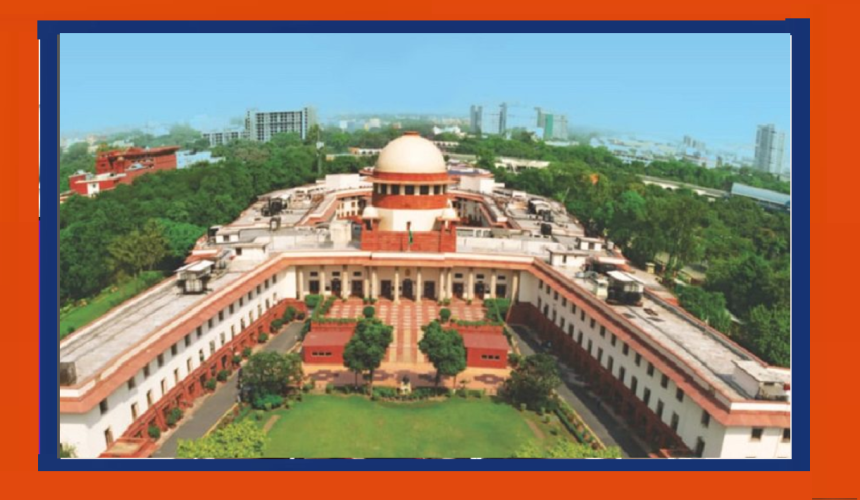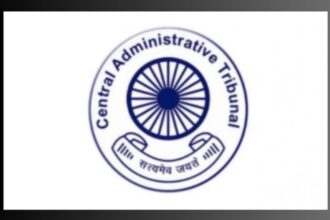In a significant legal move, the Ministry of Home Affairs (MHA) has approached the Supreme Court seeking reconsideration of its May 23, 2025 judgment, which mandated a “progressive reduction” of Indian Police Service (IPS) officers in senior Central Armed Police Forces (CAPFs) roles within two years.
Key Details of the Supreme Court Ruling
The bench of Justices A.S. Oka (since retired) and Ujjal Bhuyan had directed the phasing out of IPS officers in Senior Administrative Grade (SAG) posts (up to Inspector General rank) in CAPFs.
The verdict aimed to promote internal career growth for CAPF cadre officers, addressing long-standing demands for Non-Functional Financial Upgradation (NFFU) and cadre restructuring.
Government’s Stand: Why the Review?
Despite the SC order, the MHA has continued IPS deputations, appointing at least eight officers to Commandant and IG-level posts post-judgment. In its July 11 review petition, the Centre argued:
Operational necessity: IPS officers ensure inter-state coordination and operational efficiency in CAPFs.
Federal security mandate: CAPFs, as Union armed forces, require experienced leadership to maintain national security.
CAPFs’ Perspective: Career Stagnation & Promotions
The SC ruling recognized CAPF Group A officers as an “Organised Service”, ensuring structured promotions within their cadre. Currently:
20% of DIG posts and 50% of IG posts in CAPFs are reserved for IPS officers.
CAPF officers allege stagnation, with many Assistant Commandants waiting 15+ years for promotions due to IPS-dominated senior posts.
An estimated 13,000 CAPF officers could benefit from quota reduction, gaining faster career progression.
A senior CAPF official noted the ruling was the culmination of years of legal battles, and its reversal could reshape service rules and morale.
What’s Next?
The Supreme Court’s decision on the review petition will have far-reaching consequences on:
CAPF leadership structure
Morale of cadre officers
Centre-State security coordination
The outcome will determine whether IPS deputation continues to dominate CAPFs or if internal officers gain greater leadership opportunities. Legal and security experts are closely tracking developments.








